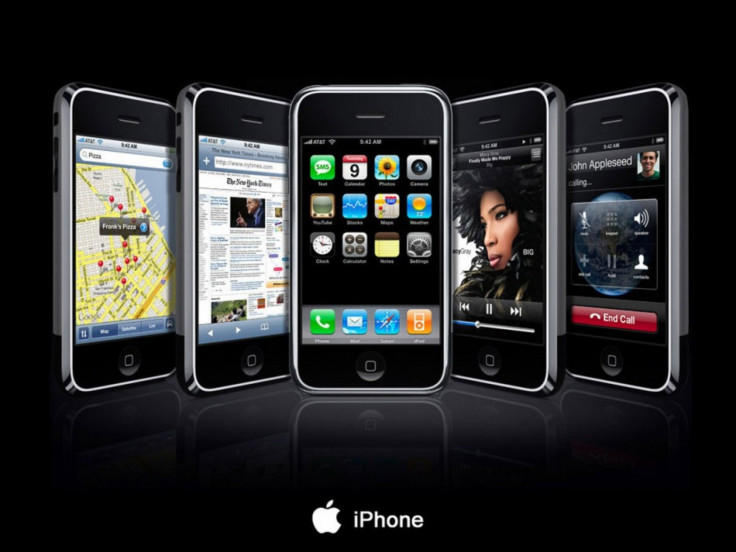App Economy: Report Shows 500,000 New Jobs, But Skills Scarce

It's no secret that mobile applications have made everyday life easier and more convenient. Commuters can check their train schedules on the go, teens can play word games against opponents across the country, and bloggers can post updates on social media sites in a second. But now studies show that mobile apps impact more than just the individual--they've helped bump America's unemployment rate down.
According to a survey released by TechNet this week, the so-called app economy has created 466,000 jobs in the United States since 2007. This means that in the past five years, almost half-a-million jobs have been born out of the increasing demand for mobile apps.
However, the demand far outweighs the supply. Despite the booming number of jobs reported by TechNet, Internet marketing companies are falling short when it comes to hiring mobile developers.
"Let's say you want to create a mobile app, good luck finding a developer," said CEO of online marketing agency Blue Fountain Media Gabriel Shaoolian. "They're in such high demand, but who teaches it? It's very hard to find people that are in institutions or courses."
The TechNet data incorporates all types of careers associated with mobile apps, such as interface designers, marketers and managers.
"If the person is marketing that app, they're considering that person," Shaoolian said referring to the data. "If a secretary was hired, they're considering that person. But I can tell you from our experience that we're aggressively looking for developers."
Part of the shortage could be attributed to the fact that the mobile app market is still relatively new, coming into existence when the iPhone was introduced. Shaoolian said he experienced this realization firsthand when he went to speak at a city college recently. After asking students if they were familiar with Google Analytics, a program that tracks and provides information about Internet traffic, only a third of the audience raised their hands.
"These are students going for their Master's in online marketing. They don't know pay-per-click and search engine optimization," Shaoolian said. "If they don't know that, imagine what they know about mobile. Nothing."
But higher education may not be the only factor when it comes to finding a qualified developer. For CEO and founder of Blue Whale Apps Gregg Weiss, it's about the natural talent.
"I was never a big fan of the 'won't talk to you unless you have a degree' type of thing," said Weiss. "There are a lot of self-starter entrepreneurial types of people who don't need a degree and are ten times better at learning at their own pace. It's a gift that some people have."
Another concern is that there is no official certification to prove that a candidate is qualified for the job; forcing marketing companies to come up with their own set of prerequisites.
"We hired a few contract developers that we thought were good and we worked with them, but when the going got tough they kind of choked," said Weiss. "We actually came up with a list of 20 technical questions, and if you can't answer the first one, the phone call ends right there."
Although the mobile app industry has boomed in the last five years, our country is still in the infant stage of this new economy. According to mobiThinking America is expected to spend 20.6 billion on mobile ad spending by 2015, and the demand for mobile apps is predicted to peak in 2013. Hiring the wrong person could have devastating effects on companies that take a gamble on who they want to hire.
"People are getting burned left and right in this industry," said Shaoolian. "Companies, individuals and start-ups are getting burned constantly by people that take their money and don't perform."
© Copyright IBTimes 2024. All rights reserved.






















